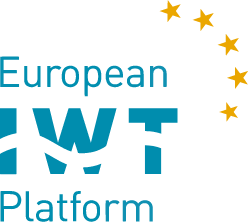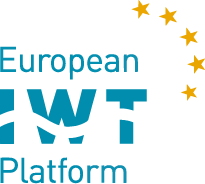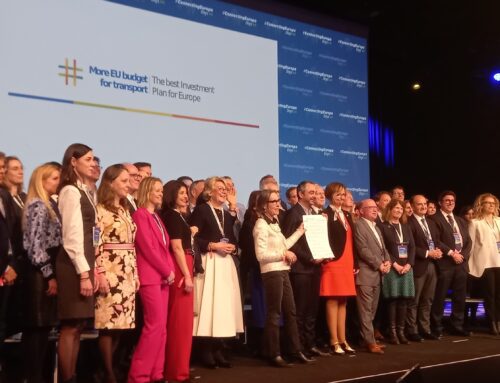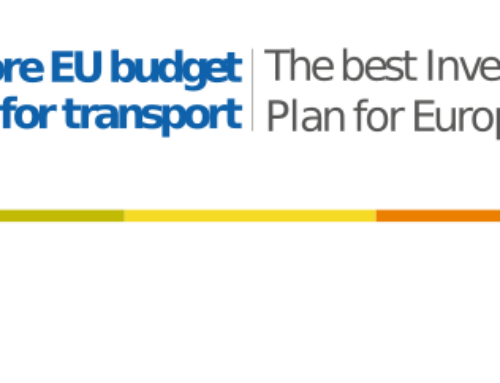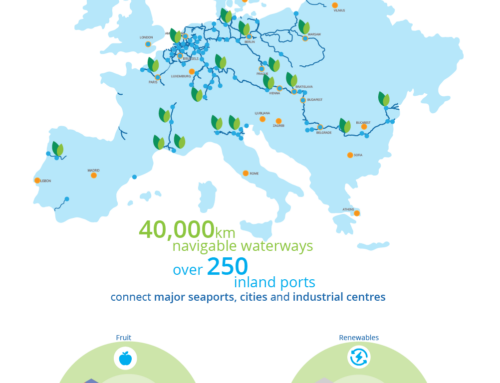On January 18, 2023, the Central Commission for the Navigation of the Rhine (CCNR) organized a workshop on “Low water periods and their influence on the navigation of the Rhine.” It took place in Strasbourg and online, bringing together and facilitating communication between the key players to handle the low water issue.
The presentations made during this workshop were of very top-notch content. They also raise expectations for addressing the long-standing low water situation.
Theresia Hacksteiner, Executive Director of the IWT Platform, in her presentation pointed to the serious effects of low water on the IWT sector. She highlighted the financial impact of the last low water period on the Rhine in 2018, where the interruption in the logistics chains caused considerable economic losses. For Germany, this materialised in a decrease of its industrial production by 5 billion Euros (source: CCNR Market observation – Annual Report 2019). The 2018 low water period not only had a substantial financial impact on the economies of the riparian states but also led to a reverse modal shift. Besides, long periods of low water such as in 2018 have a negative effect on the reliability and competitive position of inland shipping. The economic and financial impact of the low water period in 2022 is expected at a comparable level.
IWT within the Sustainable and Smart mobility strategy is supposed to substantially increase its share by 2035 and 2050. Inland waterways offer a huge potential to absorb much higher volumes on the European waterways. However, critical low water levels on major European rivers during the summer period threatened to disrupt the supply of major industries and society in Europe. Where future-proof infrastructure is high on the political agenda, these situations were not caused by climate change but are a consequence of long-neglected maintenance of the major European waterways.
“Responsible public authorities should take measures to eliminate the bottleneck along the Middle Rhine as a matter of urgency and to speed up the implementation of the necessary infrastructure measures for which purpose the budgetary and human resources must be made available, emphasizing that the survival of inland waterway transport on the Rhine is at stake.”
The important role of IWT has again become very obvious during the low water period last year. Where it is expected to substantially increase its modal share in the future, the lack of investments in infrastructure currently undermines the reliability of IWT. The IWT sector repeatedly called for proper maintenance of the waterway infrastructure and removal of bottlenecks which would have avoided these situations.
Climate change will bring new challenges for the inland navigation sector, notably in relation to water quantity.
Therefore, the IWT sector must be properly represented in future discussions on climate change-related policies, strategies and measures, including on water quantity management.
